As students’ stresses grow, counseling center services have grown with them
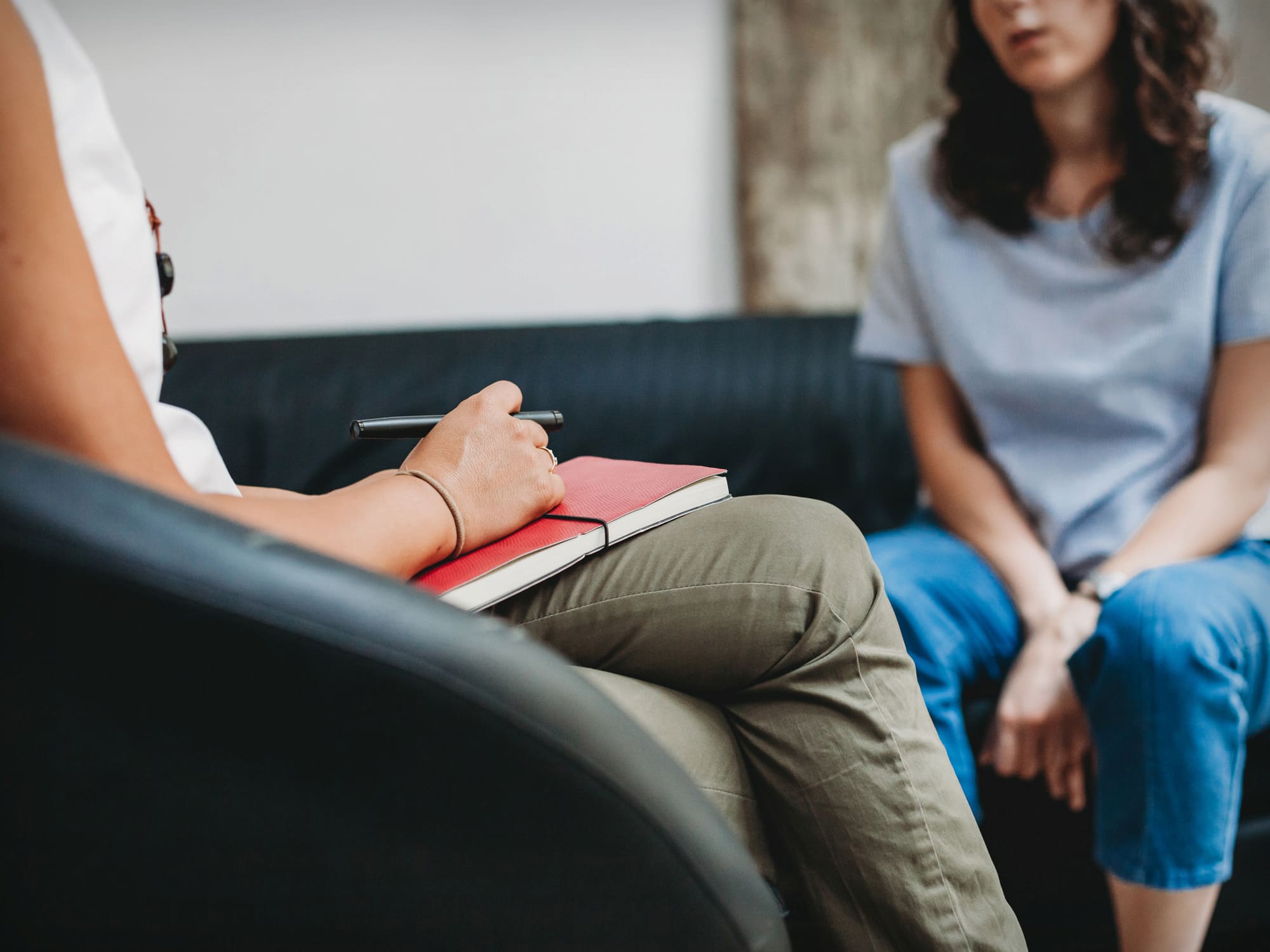
Soon after first-year students’ first semester begins, they may have already wrecked the curve in Homesickness 101, Fundamentals of Loneliness and Basic Fear of Failure.
If you are one of those students at the University of Mississippi Medical Center, and certainly if you’re facing anxiety, depression and grief, the team of professionals at the Student Counseling and Wellness Center encourages you to take advantage of their free services – for your sake and for the sake of your future patients.
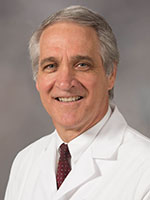
“If you are, say, a medical student who has just failed a test or is anxious about an upcoming test, instead of just worrying about it, you can call our office; in a very short period of time have an appointment with a therapist or a prescriber to address your concerns,” said Dr. Philip Merideth, professor of psychiatry and a center co-founder.
Since the SCWC’s opening in 2016, the problems confronting students here and everywhere – notably, the pandemic – appear to have only grown; but so have the staff and scope of the center.
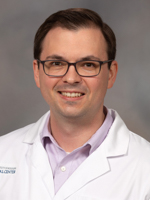
Starting in May, Dr. Nick McAfee has co-directed the SCWC with Merideth, “inheriting a system that functions really well and has done so before I got here,” said McAfee, assistant professor of psychiatry and human behavior.
McAfee inherited his co-directorship from Dr. Danny Burgess, associate professor of psychiatry and human behavior, the other center co-founder who handed over his leadership role to focus on directing UMMC’s Center for Integrative Health.
“It’s been great,” McAfee said. “Dr. Merideth and Dr. Burgess helped get the center off the ground, and Dr. Burgess, who continues to see students, left it in such great shape for me. The students here talk about the good things they’ve seen and heard about the center. All that has made my life much easier.”
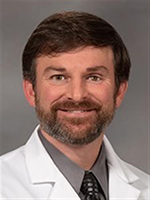
The center lives in the Department of Psychiatry and Human Behavior, 8th floor, room HB22. There, Merideth, a psychiatrist, and Burgess, a psychologist, became the staff five years ago, after they were hired by Dr. Scott Rodgers, professor and chair of psychiatry and human behavior.
Today, they are reinforced by four other professionals, including McAfee, who is also director of mental health for TEAM Clinic Services.
“Dr. McAfee has a strong background in counseling and has already introduced several new ideas and approaches,” Rodgers said.
“Our goal, put quite simply, is to offer students across all schools at UMMC the best possible student counseling program that we can.”
Among the center’s strong points, Rodgers said, are its commitment to diversity, equity, and inclusion, and its promise of easy access.
When it comes to medical care, easy access can mean telehealth, and several SCWC staff members are working with the Institutions of Higher Learning to provide survey-based recommendations for more telehealth services at UMMC; one proposal, McAfee said, is to create at the Medical Center a telehealth service for students attending the eight Mississippi public universities.
But students in UMMC’s six health science schools will notice that, for them, easier access has already arrived in other ways.
“We’ve begun online scheduling, which is new,” McAfee said. “We added about 18 hours of appointment time per week, starting in July, which has been fantastic. We have been able to accommodate many more students.”
For many, the first couple of months of the new academic year have been particularly hard; they may struggle with a bit of burnout or lack of motivation, McAfee said.
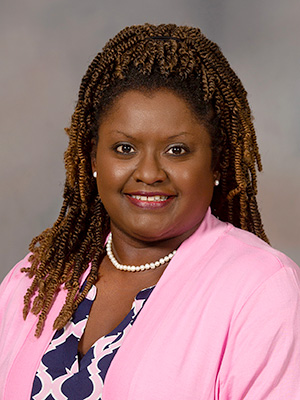
“They experience homesickness,” said Dr. Benetra Johnson, the center’s licensed clinical social worker. “They may face anxiety, depression, relationship issues, strained relations with family.
“They feel the pressure of being considered a failure in their family. Some realize they are legacies. Others are the first one in their family to be in that profession, so there is pressure from the family to make the family look good.
“They feel pressure of maintaining good grades or taking the next step in medical school.”
There are the pressures that squeeze students with concerns linked to gender or sexual orientation. And pressures for those from diverse racial and ethnic backgrounds.
“There are minority students who don’t feel connected to the majority,” Johnson said. “They need support groups to help them feel connected to their own culture, even as they become part of the overall culture of the Medical Center or their individual health profession.”
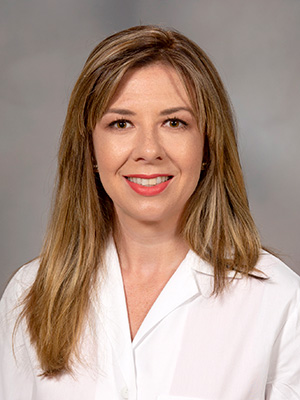
No matter what you’re facing, you will have an adjustment period, said Rainey Daniels, a psychiatric nurse practitioner on staff. Many of these talented students, who have always been at or near the top of their class before now, are seeing their grades sag, along with their confidence, she said.
“They are doing a little bit worse than they’ve ever done, and that ‘little bit worse’ is what they’re focusing on.
“To treat that typically requires cognitive behavioral therapy with a psychologist, and for those who are having a really hard time, they may need some medication. Even if they need medicine, or don’t, we want them to learn new coping skills, learn how to manage periods of anxiety.”
Quite a few have had problems dealing with the isolation caused by the pandemic. “I’ve seen so many in this last year who have sought help because they were not spending as much time with their friends and cohorts,” Daniels said.
“They have feelings of loneliness or depression; they have existential questions: ‘Did I make the right decision? Why am I doing this? Is it always going to feel this way?’”
Others may be grieving, she said. They’ve lost a loved one and, at the same time, they’re trying not to lose their way in class.
Lately, Daniels has seen a rise in center visits from another type of student: the nontraditional one.
“They may be married, they may have children,” she said. “They’ve had another career.” Coming back to an academic environment, she said, they confront their own kind of stress.
For her part, Johnson lets her students know they are “the experts in their own lives. We all let them know what they have already been doing right, which motivates them,” she said.
“I try really hard to make them feel comfortable, to let them know ‘I’m basically here to be a partner with you on this journey.’”
That journey may take as few as three or four sessions, McAfee said, and often no more than six. “That may be all that’s needed for someone to get back on track.”
All sessions are free. If a student needs other services, such as testing, the staff will make referrals out in the community.
In any case, the watchwords are privacy and confidentiality. “For instance, I teach in the School of Medicine,” McAfee said, “so I will not see medical students in counseling at the center.
“And we make it very clear to everyone: No one has access to our notes. We have a separate documentation system. It doesn’t go into EPIC.”
At every step, in every encounter, Daniels said, the staff wants to support and affirm. “We know what a wonderful, yet arduous, task those students are undertaking, and we want to support them.
“We don’t want them to feel like any issue can prevent them from achieving their goals. It’s a wonderful population to serve and I believe we are all just so grateful that we get to be a part of it.
“I think it’s the best job on the campus.”
— — —
STUDENT AND WELLNESS CENTER STAFF
Dr. Nick McAfee
Dr. Philip Merideth
Dr. Danny Burgess
Dr. Benetra M. Johnson
Rainey Daniels
Lindsay Jay
To schedule an appointment, call (601) 815-5588 or email scwc@umc.edu. Hours are Monday through Friday, by appointment only.


